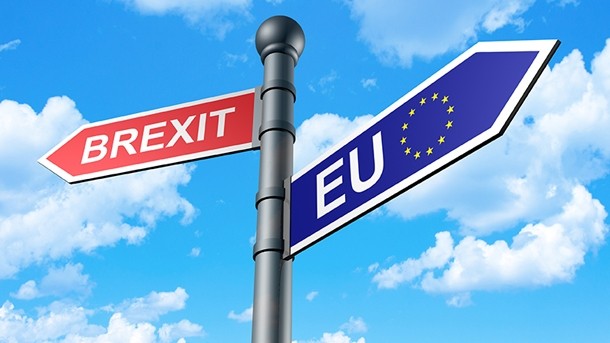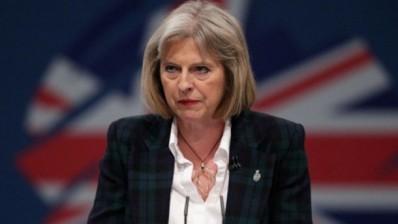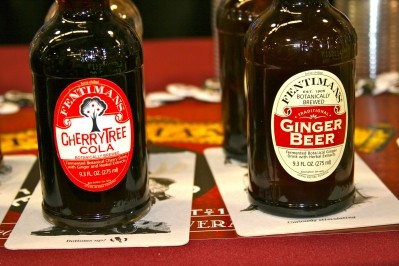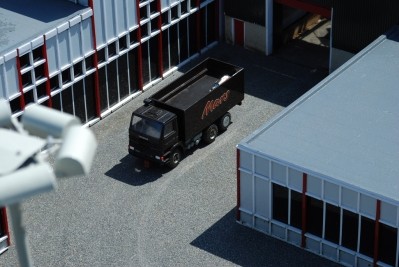Prime Minister Theresa May's Brexit plans get mixed reception

The greater clarity provided was welcomed by some and helped boost the value of the pound against the euro and the US dollar in its immediate aftermath.
But a number of EU politicians and multinational bosses gathered at the World Economic Forum in Davos in Switzerland were quick to point out that the UK’s exit from the EU would be anything but smooth.
Some EU politicians warned that the UK could not expect better terms than those enjoyed by the remaining 27 Member States once the UK was outside the EU “club”.
Most notably, Guy Verhofstadt, the European Parliament’s Brexit negotiator, warned that Britain should not expect continued tariff-free access to the EU’s 500M consumers, while rejecting other elements of Single Market membership.
May’s reassurances on the rights of existing EU workers in the UK to remain were welcomed by food and farming businesses that are critically dependent on EU labour.
But the precise details and the rights of UK nationals to continue living and working in the EU remain to be hammered out.
Negotiations start in earnest
Many other thorny issues also remain to be resolved, once Article 50 is triggered and negotiations start in earnest.
One potential stumbling block concerns retaining an open border between Northern Ireland and the Republic of Ireland after Brexit, while maintaining immigration controls with the rest of the EU.
In a briefing paper presented at a UK Trade Policy Observatory event on January 11 at Chatham House in London, Alan Swinbank, emeritus professor of agricultural economics at the University of Reading, said that while Brexit offered the UK an opportunity to design a more efficient agricultural policy of benefit to farmers and the environment, it could push up consumer prices and would have to conform to World Trade Organization (WTO) rules.
“WTO rules will be important in shaping future agri-food policy for a post-Brexit UK, both with regard to domestic agricultural support and trade,” said Swinbank.
“At one extreme the UK, on leaving the EU’s Customs Union, could follow a ‘free trade’ policy, encouraging cheap food imports from around the world, but pressurising farm incomes. Or, at the other extreme, it might shelter behind the obscenely high tariffs on agri-food products that it would inherit from the EU.”
‘Brexit-induced change’
Swinbank added: “Food prices will also be affected by any Brexit-induced change in the value of sterling, and the additional cost of trading outside the EU’s Customs Union and Single Market.
“Agricultural tariffs could be particularly problematic for the border between the Republic of Ireland and Northern Ireland if the UK fails to remain within a EU Customs Union, or negotiate a tightly-regulated Free Trade Area agreement.
“Then both parties (the UK and the EU) would have to apply their full tariffs against each other under WTO rules, thus necessitating the reintroduction of border controls.”
Giving evidence to the House of Commons’ Northern Ireland Affairs Committee last month as part of its inquiry on the future of the UK-Republic of Ireland land border, Dr Mike Johnston, Northern Ireland director at Dairy UK called for the border to remain open.
“Through an ‘all-island’ value chain, dairy stakeholders in Northern Ireland and the Republic of Ireland work closely together and rely on the free movement of people, raw materials and finished goods,” said Johnston.
Uncertainty about Brexit would hit investment plans, he warned.















